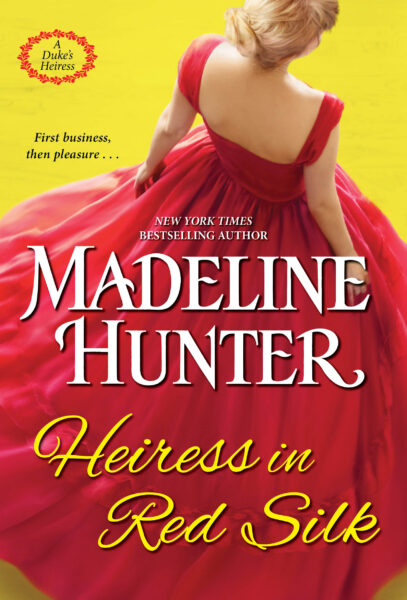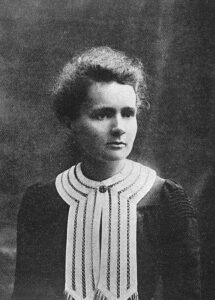I was looking for a good Women’s History Month quote when I noticed the name Lucille Ball appearing over and over. So I did some research.
We all know she was an amazing actor and comic. But I didn’t realize how much a pioneer she was in the early days of television.
Since I’m personally a fan and I suspect many of you are too, I made Lucille Ball’s legacy a part of my reading of Women’s History Month stories and I’d like to share a bit of what I learned about this incredibly funny and complex lady.
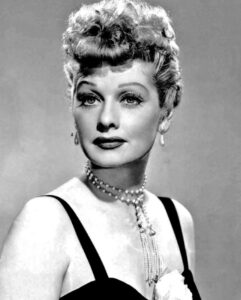
Lucille Desiree Ball was born August 6, 1911, in Jamestown, New York. She knew early in her life she wanted to act and she left school when she was just 15 to pursue her dream. In New York City, she enrolled in drama school where she studied theatre alongside Bette Davis. Quand on lui a dit à plusieurs reprises qu'elle n'avait aucun talent d'actrice, elle a pris le nouveau nom de Diane Belmont et est devenue mannequin avec des, mais incohérent, Succès.
Ce qui était une bonne chose, parce qu'une de ses affiches a attiré l'attention des studios à Hollywood. Elle a atterri dans Le prix du sang et Scandales romains (tous les deux dans 1933), Des millions d'enfants (dans 1934), et plusieurs autres.
Elle a décidé de rester à Hollywood où elle est allée chercher des rôles plus grands et meilleurs dans Carnaval (1935), Service de chambre (1938), Cinq sont revenus (1939), et autres films.
Finalement, c'était son rôle principal dans Trop de filles (1940) that saw the beginning of a romance and partnershp with Cuban bandleader, Desi Arnaz. For the next 10 ans, he continued his musical career while she acted in minor comedies until she landed more important roles in The Big Street (1942), opposite Henry Fonda, et Sorrowful Jones (1949) et Fancy Pants (1950), opposite Bob Hope, and a host of others.
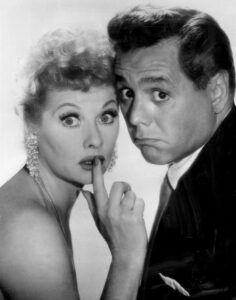
Dans 1950, she and Arnaz experimented with a program on the radio and formed Desilu Productions. In October 1951, Ball’s life would take a turn for the stardom she’d been seeking since she was a child. I Love Lucy, staring Ball and Arnaz, launched on television and became an overnight sensation.
Ball’s character Lucy was a fresh take on the American housewife and it showcased her brilliant timing and physical comedy. The show, which won five Emmys, became a model for sitcoms for decades for filming in front of a live studio audience, use of multiple cameras and other technological broadcasting innovations.
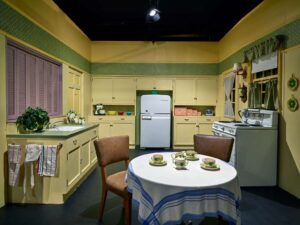
Elle et Arnaz ont également continué à jouer dans des longs métrages comme Le long, Remorque longue (1954)–qui est hilarant. Regarde ça, surtout si vous avez un camping-car!
Desilu Productions a continué à trouver le succès en produisant des émissions de télévision comme Le spectacle de Dick Van Dyke. Ball et Arnaz ont divorcé en 1960 et deux ans plus tard, elle est devenue présidente de Desilu. Cela faisait d'elle la seule femme à l'époque à diriger un grand studio de production à Hollywood.. Dans 1967, elle vend Desilu et fonde Lucille Ball Productions.
Pour la prochaine presque 30 ans, Ball continued to break barriers as she produced and starred in many television shows and films, almost until her death in 1989. Her influence and popularity continue.
